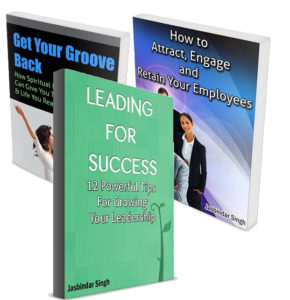The other day I had coffee with a university friend I had not seen for a while.
In discussing what we were up to, I mentioned emotional intelligence (EI or EQ) as I was preparing a session on it.
He said, with a smile, “I don’t have time for all that bullshit!”
Had it been someone else, I might have found myself somewhat “triggered” even defensive! But perhaps that was because EI is the specialty that I didn’t.
I have also known my good friend for decades, and there is a lot in that emotional bank account to draw on.
And besides, we are all wired so differently.
He’s an efficient and pragmatic guy, an engineer and project manager, who is known for getting things done.
I appreciate him for his solid, grounded strengths and yet could not reflect and wonder what more he might gain from learning about emotional intelligence.
As we chatted away, he mentioned how hectic work was and all the various projects he was juggling without adequate support.
Rather cheekily, I suggested that “emotional intelligence may help you after all, as a core part of success in the workplace is managing relationships!”
The four key dimensions of emotional intelligence, as identified by Daniel Goleman, a psychologist, science journalist, and author of the best-selling book Emotional Intelligence are:
- Self-awareness
- Self-management
- Awareness of others (empathy)
- Relationship management
Leaders who de-rail in their careers don’t do so because of a lack of IQ. Instead, it is their EI that lets them down.
For example, factors like an inability to lead and build teams, poor interpersonal relationships, and not being able to manage their emotions when under pressure.
Surely my friend could only but benefit from greater awareness and skills of emotional intelligence.
For example, being able to understand the different values and drivers’ people bring to work, inspiring and motivating his team members in their delivery and in conflict resolution.
Having more courageous conversations and being more assertive with accountability could also help him. He was inclined to take things on his shoulders, “just to get the job completed.”
But by now, it was time to get on with the day.
Ruefully, my friend smiled and we said our good-byes.
Dale Carnegie, an American writer on creating success in business and personal lives, sums it up well, “When dealing with people, remember you are not dealing with creatures of logic, but with creatures of emotion.”
Our Emotional intelligence, even more than our IQ, helps us navigate life better.
P.S. If you would like to read more articles by me, you can also follow me as per above or sign here for your free monthly newsletter for further articles on careers, leadership, personal and professional development.
Photo by rawpixel.com from Pexels







 Follow Jasbindar on Twitter
Follow Jasbindar on Twitter



